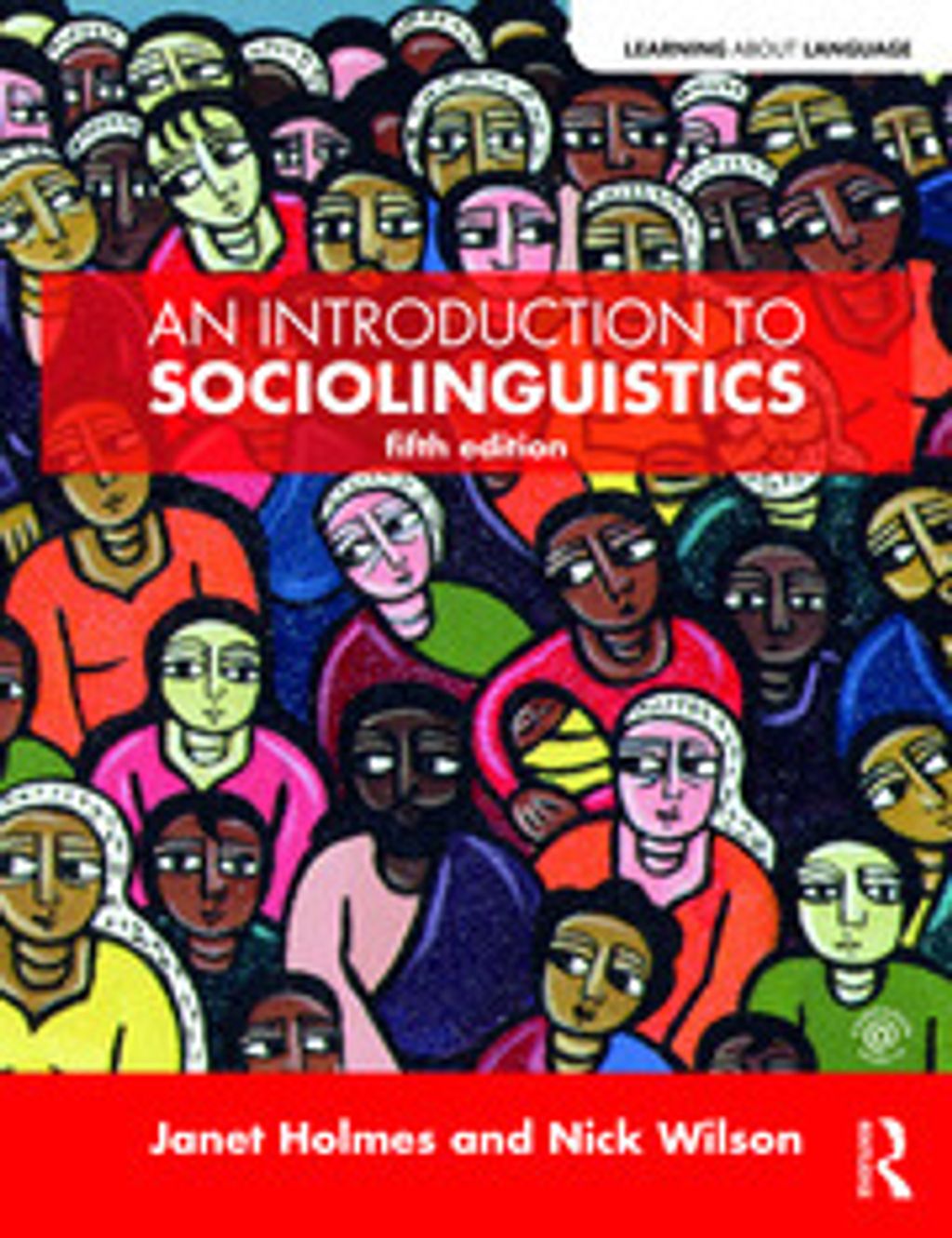An Introduction to Sociolinguistics, 5th edition
- Regular price
- RM 24.50
- Sale price
- RM 24.50
- Regular price
-
RM 24.50
Share
Janet Holmes is Emeritus Professor in Linguistics at Victoria University of Wellington, New Zealand and a Fellow of the Royal Society of New Zealand.
Nick Wilson is Lecturer in Linguistics at Macquarie University, Australia.
An Introduction to Sociolinguistics is the essential introductory text for all students of sociolinguistics and a splendid point of reference for students of English language studies, linguistics and applied linguistics.
In this best-selling introductory textbook, Janet Holmes and Nick Wilson examine the role of language in a variety of social contexts, considering both how language works and how it can be used to signal and interpret various aspects of social identity. Divided into three sections, this book explains basic sociolinguistic concepts in the light of classic approaches as well as introducing more recent research.
This fifth edition has been revised and updated throughout using key concepts and examples to guide the reader through this fascinating area, including:
- a new chapter on identity that reflects the latest research;
- a brand new companion website which is fully cross-referenced within this book, and which includes and video and audio materials, interactive activities and links to useful websites;
- updated and revised examples and exercises which include new material from Tanzania, Wales, Paraguay and Timor-Leste;
fully updated further reading and references sections.
Table of Contents
Preface
The Online Companion
1. What do sociolinguists study?
Section I: Multilingual Speech Communities
2. Language choice in multilingual communities
3. Language maintenance and shift
4. Linguistic varieties and multilingual nations
5. National languages and language planning
Section II: Language Variation: Focus on Users
6. Regional and social dialects
7. Gender and age
8. Ethnicity and social networks
9. Language change
Interlude: identity in sociolinguistics
Section III: Language Variation: Focus on Uses
10. Style, context and register
11. Speech functions, politeness and cross-cultural communication
12. Gender, politeness and stereotypes
13. Language, cognition and culture
14. Analysing Discourse
15. Attitudes and applications
16. Conclusion
References
Appendix: phonetic symbols
Sociolinguistics: key words and concepts
Index





